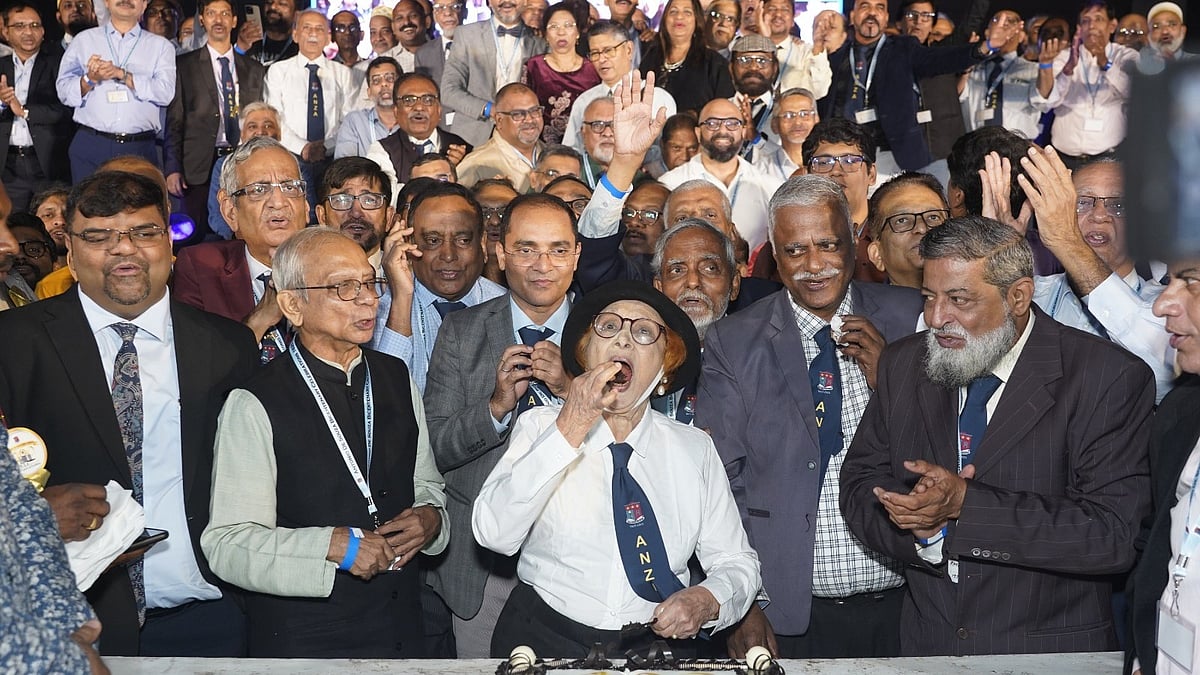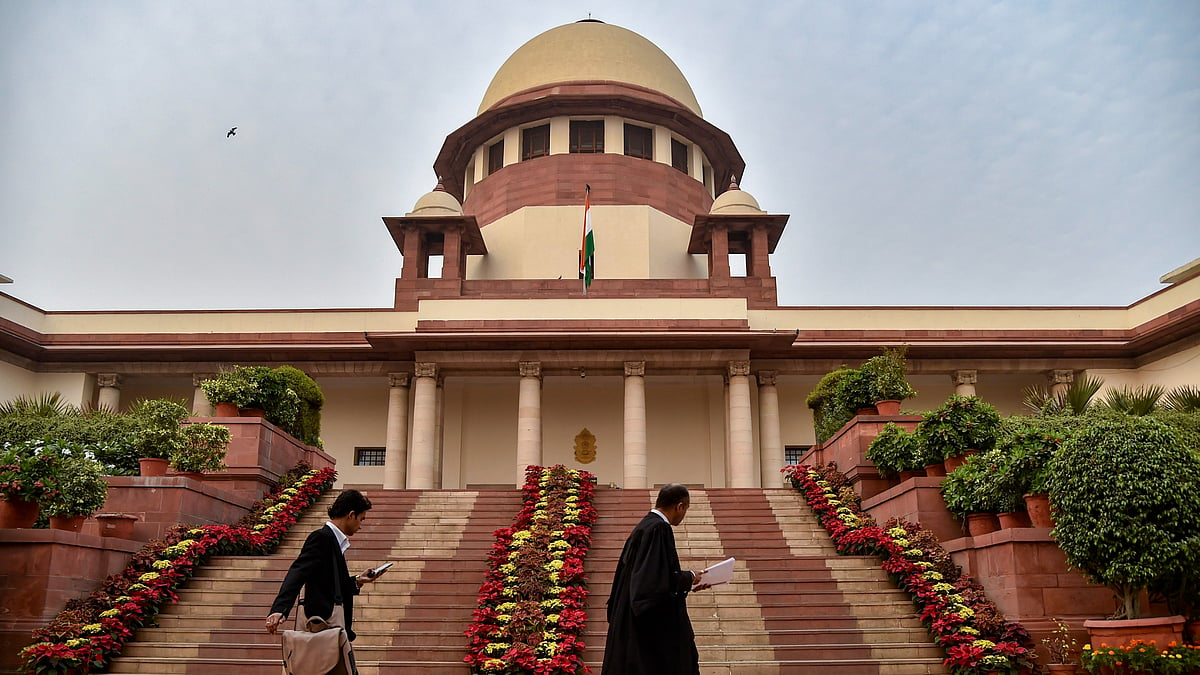There seems to be some determination in ensuring that two public sector banks go for sale this year. The disinvestment target is high, at Rs 1.75 lakh crore, which has never been achieved in the past. In FY18 and FY19 the collections were Rs 1.0 lakh crore and Rs 95,000 crore respectively. Therefore Rs 1.75 lakh crore looks very ambitious. More so, as LIC is involved, which can be a tough nut to crack given the processes that are involved. Various names have been taken, such as the IOB, Central Bank and even Bank of India. This would truly be a giant step, as it would be the reverse of nationalisation, which took place in 1969. For the employees, there will be apprehension, if not trepidation.
The first issue which comes to mind is whether the sale will be in a single stroke of the government going below 50 per cent or selling the entire bank or whether it will be slice by slice. So far, any disinvestment has been partial. The state of the market and pricing will be important. The second will be whether the government opts for a sale in the market where anyone can buy the shares, or whether it will be to a strategic investor.
Promoter stake limit
The former will make it widely held while the latter will give it to a single party. The problem with the latter is that going by the RBI rules for any new private bank licence, the buyer will have to divest at some point of time, to meet these norms. Therefore, this contradiction will have to be sorted out. There is a limit on the promoter stake in a bank in the long run being 15 per cent, which can be increased to 26 per cent. Third, if the bank is sold to a strategic partner, can it be a non-financial corporate? This is important because the policy of giving new licences does not preclude corporates though there are conditions put in. Or will it be a foreign bank which can become big at one stroke, like DBS? These answers will be known with time.
There are concerns on the part of these banks, especially if they are sold to a single party which could be a corporate or even an existing NBFC or bank (could be a foreign bank). These banks were not considered for mergers with other PSBs and are now being sold in the market. This means that they will definitely become private banks, which will clash with the work ethic in every sense.
Pay scale revision
First, the pay scales need to be looked at. There can be upward revisions selectively, in case it is a private party buying the bank. Second, the job security issue will be important. While it is true that private banks are major recruiters in the market today and hence there is no reason for insecurity, the quality of staff is an issue, as the concept of peons and clerks does not exist in private banks.
Third, lateral hiring is almost inevitable when it comes to chief positions, which will create challenges for the privatised bank. Fourth, the senior management will definitely change, as the acquiring entity would like to run the bank on its own terms. This may not be good news for the existing senior management. Fifth, even the Board structures will change and there will be a new set of personnel here.
Labour issues
These issues are serious, and the government and RBI have to consider them to ensure there is a smooth sale. Whenever private banks have merged with others, there have been conditions put by the RBI in terms of tenure of staff for a fixed period of time, as well as salary structures. In some cases, it has worked, but in most cases, there have been many exits at the senior level. Labour issues have to be addressed first, before the sale is reckoned with.
It should be pointed out that any entity or group buying a PSB literally gets a full bank with all the branches, ATMs, experienced staff, systems, and level of business at one stroke and there will be nothing to really build. Therefore, it makes a lot of sense for any promoter to strongly pitch for the bank. Ideally, a premium to the market price should be charged, as there is a lot of hidden value which saves time for the purchaser.
The question now is whether anyone can put forward so much money. The market cap of these banks ranges from Rs 12,000 crore to Rs 35,000 crore. Getting in such amounts of money at the higher end, for even 51 per cent will be considerable. And anyone paying so much may not find conditions placed on the labour issue acceptable. Therefore, it will be interesting to see how these dynamics play out during the course of the year.
The writer is Chief Economist, CARE Ratings, and author of: Hits & Misses: The Indian Banking Story. Views are personal









